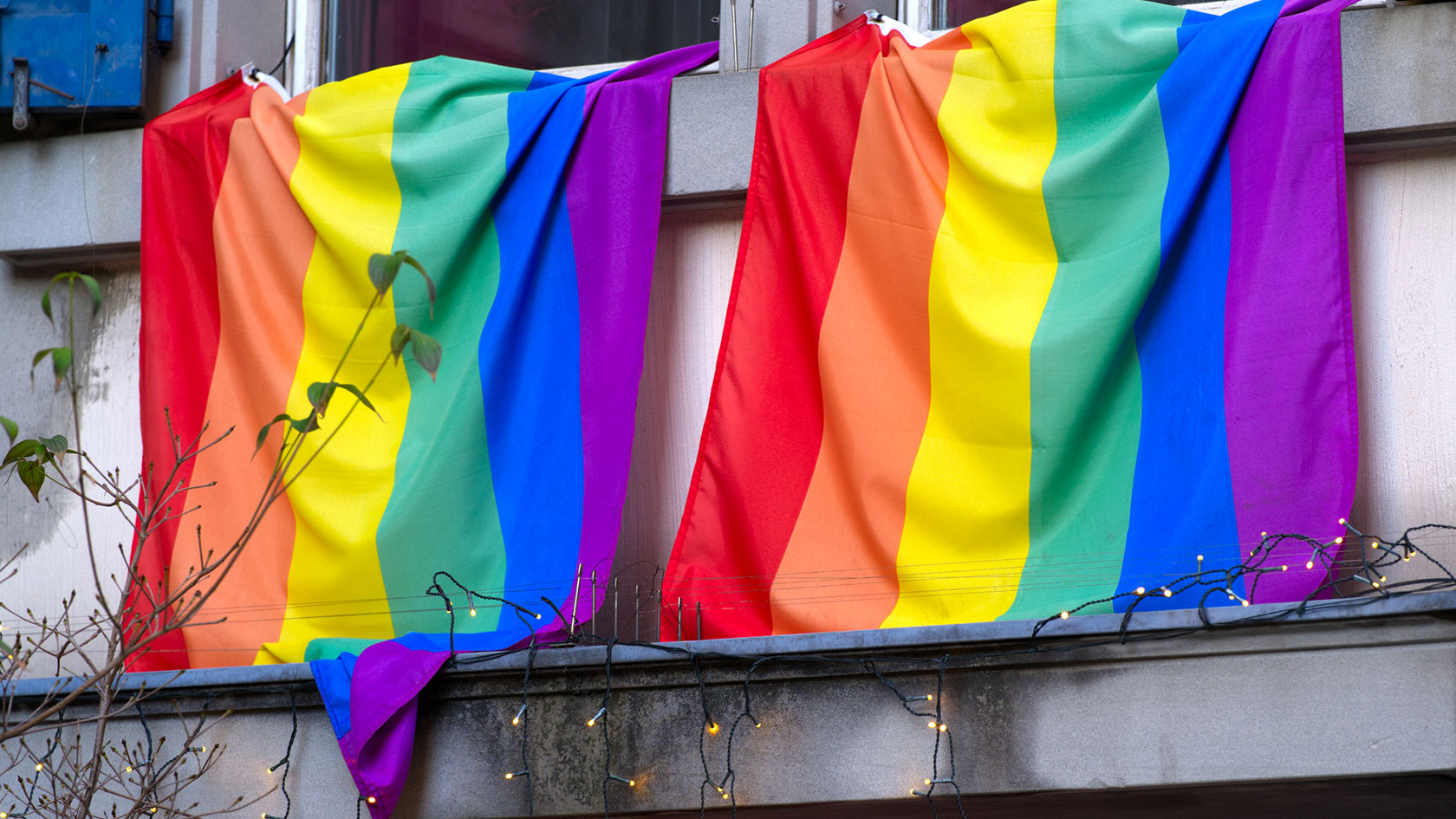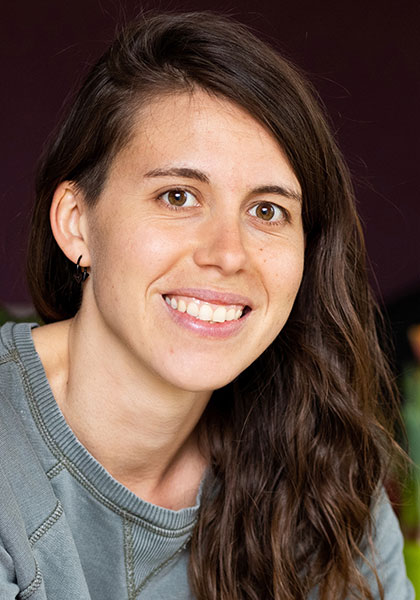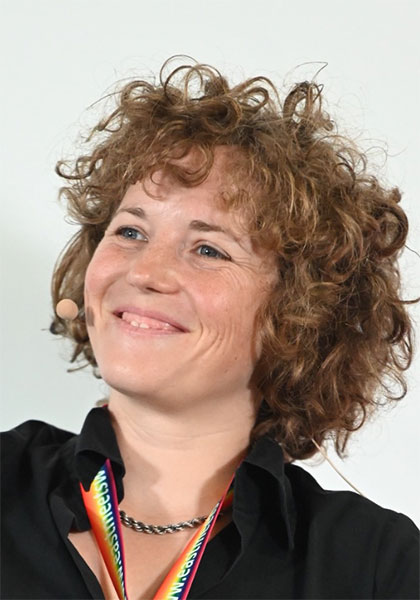Gender Minorities Experience More Discrimination

A few years ago, Tabea Hässler and Léïla Eisner noticed just how little information there was on about lesbian, gay, bisexual, trans, intersex and queer (LGBTIQ+) people in Switzerland. They decided to tackle this lack of information and set up a project, which they dubbed the Swiss LGBTIQ+ Panel. The panel involves annual surveys to assess how integrated LGBTIQ+ individuals feel in Swiss society. One key aspect is that is a longitudinal study. “We want to find out how the situation changes over time,” says Tabea Hässler, a senior research associate at the Social Psychology chair at UZH’s Department of Psychology. The panel knows no language barriers, with participants from all language regions of Switzerland taking part right from the outset.
LGBTIQ+ rights
The latest round of surveys included some 2,800 participants (see box). Among the topics at the forefront of their minds are “insufficient rights, especially for members of gender minorities,” according to Léïla Eisner, who is also a senior research associate at the chair of Social Psychology. “This includes the fact that there is currently no third gender marker option in official IDs.”

Gender minority members experience more discrimination, receive less support and are in poorer health.
Over the years, the study revealed that members of gender minorities, e.g. trans, non-binary or intersex people, were more likely to experience discrimination than sexual minority members (lesbian, gay or bisexual people). “Gender minority members are disadvantaged on three fronts: they experience more discrimination, receive less support and are in poorer health,” says Eisner. People can be part of a sexual minority as well as a gender minority. To reduce the time needed to complete the survey, panel respondents only complete one version. A persistent concern among respondents is the non-consensual medical treatment of intersex children when these treatments aren’t medically necessary.
Nemo increases visibility
Survey respondents would welcome more representation in the public. So what can a celebrity such as Nemo, who recently won the Eurovision Song Contest, do for the LGBTIQ+ community? “Research has shown that personal contact is an excellent way to break down prejudices. Nemo has given the concerns of non-binary people a human face, and this makes it easier to build up empathy,” says Hässler. “It seems to me that the human element often gets lost when discussing equal rights for LGBTIQ+ people. Some people only perceive the debate as politically correct or incorrect and forget that fundamentally it is about treating people with respect.”

Research has shown that personal contact is an excellent way to break down prejudices.
Violence toward LGBTIQ+ people remains an issue. In the most recent survey, 10.7% of sexual minority members report having been the target of a hate crime. Among gender minority members, this figure was even higher (17.7%). However, only around one in four of these incidents were reported to the authorities. There are many reasons why only so few do so, including lack of trust in criminal prosecution and fear of further discrimination.
“Conversion therapy” an issue
The most recent survey also focused on so-called conversion therapy. These controversial psychological practices attempt to change or suppress a person’s sexual orientation or gender. “So-called conversion therapies have no basis in science. They are often performed by laypersons, that is, people who have neither psychological nor medical expertise,” says Hässler. According to the survey, 9.5% of sexual minority members and 15.5% of gender minority members have experienced such attempts. And they come at a risk: “Many studies have shown that a person’s sexual orientation or gender identity can’t be changed from the outside and that so-called ‘conversion therapies’ can do serious damage and increase self-harming behavior and suicidal thoughts. The Swiss Psychological Society is thus clearly in favor of banning such practices,” adds Hässler.
The situation at Swiss universities
The panel also examines the situation of university staff and students in Switzerland. One third of lesbian, gay or bisexual individuals and half of trans and non-binary people state that they have not come out to the people at their university. “This points to a lack of trust,” says Eisner. “There is work to be done here, as it has been proven that people do better academically when they feel comfortable in their surrounding environment.” Eisner and Hässler emphasize the importance of counseling services provided by UZH’s Office for Gender Equality and Diversity and the student organization Polyunique, among others. The researchers would welcome if these services were more widely known.
The two researchers see it as an important signal that UZH uses gender neutral language in its documents and that trans students at UZH have the option of using a name and gender that differs from their official ID. They also welcome the university’s CommUNIty campaign, which aims to raise awareness of respectful behavior and combats discrimination based on gender identity and sexual orientation, among other things.
Encouraging developments
Since the panel started in 2019, there have also been several positive developments in Switzerland, including the marriage equality vote, the simplified process for changing gender in official records, and the extension of anti-discrimination law to include sexual orientation. “We know from international research that this kind of legal equality increases the acceptance of minorities,” says Eisner. “But some respondents were disappointed that discrimination based on gender identity wasn’t included in the law.”